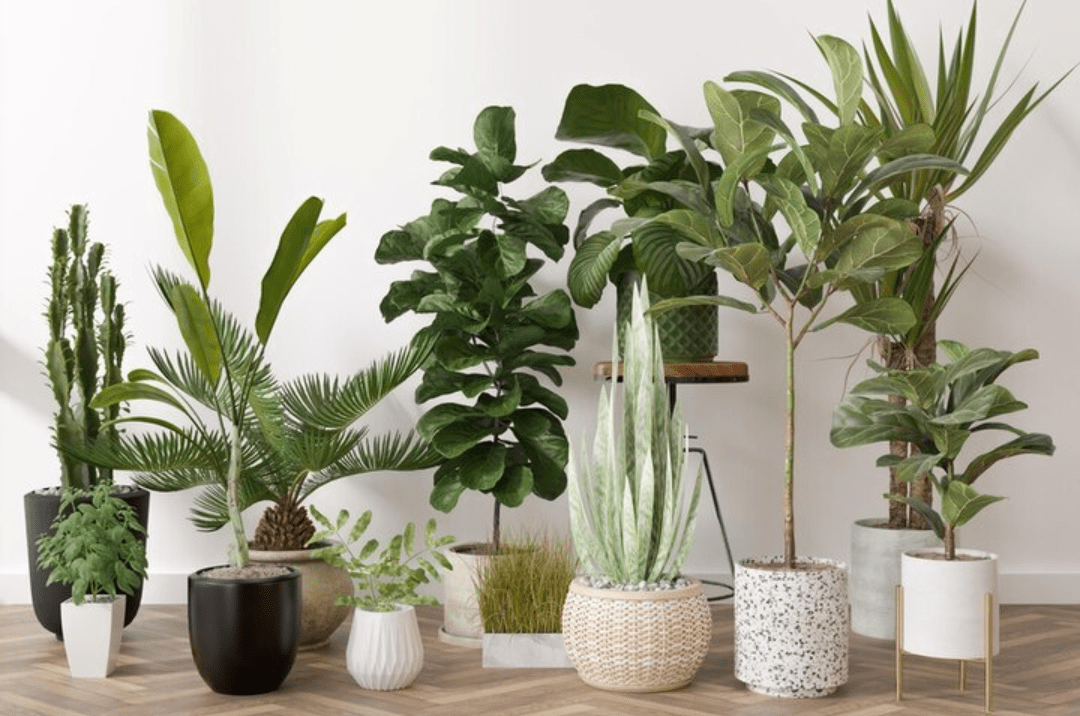Plant Poisoning: Safety in the Home

Plants are a beautiful addition to any home. While they bring color and life to a space, some plants can be harmful or toxic. Houseplants are one of the most common causes of poisoning in children reported to Poison Centers.
It is important to be aware of some of the most common plants that can be harmful so you know which plants to avoid or handle with caution, and what to do in the event of an exposure.
Poisonous Plants in the Home
Plants have various defense mechanisms, including toxins, to protect themselves from pests and other threats. The effects of toxic plants range from minimally bothersome to life-threatening. The toxic effects of common household plants are listed below.
Plants that Cause Irritation to Surfaces
Many house plants contain toxins that cause irritation to the surfaces with which they come in contact. Fortunately, accidental ingestion or exposure to these plants results in minimally bothersome symptoms that go away on their own. If these plants are accidentally ingested, they typically cause pain, irritation, and swelling of the lips, tongue, mouth, and throat. Contact with the skin can similarly cause irritation, swelling, itching, and a rash.
Dieffenbachia, Dumb Cane (Dieffenbachia spp)
Peace Lily (Stapthiphyllum)
Philodendron, Elephant’s Ear (Philodendron spp)
Pothos (Epipremnum aureum)
Swiss Cheese Plant, Monstera (Monstera deliciosa)
Umbrella Tree (Schefflera)
Plants that Primarily Cause Gastrointestinal Symptoms
Some house plants contain toxins that primarily cause gastrointestinal symptoms. Accidental ingestion of these plants may cause nausea, vomiting, stomach pain and diarrhea. These symptoms are typically mild and go away on their own.
Agave (Agave spp)
Aloe vera (Aloe vera)
Croton (Codiaeum spp)
Eucalyptus (Eucalyptus)
American Mistletoe (Phoradendron)
Poinsettia (Euphorbia pulcherrima)
Jade Plant (Crassula spp)
Here Are Some Tips to Ensure Plant Safety:
- Research before potting: Before bringing plants into the home, check to see if they are poisonous.
- Label: Consider installing labels on your houseplants.
How To Get In Touch:
Poison Help is here to answer any general inquiries about plant safety OR if you have been exposed to a potentially toxic or harmful plant. Call Poison Help at 1-800-222-1222 to reach your local poison control center or find your regional poison control center. To read more about pests and plants, click over to some of our recent blog posts at https://www.poisonhelp.org/category/pests-and-plants/